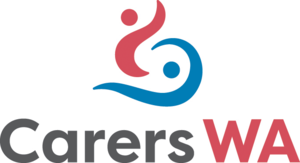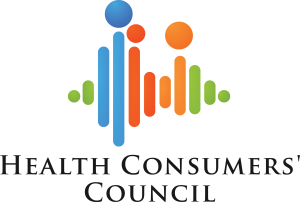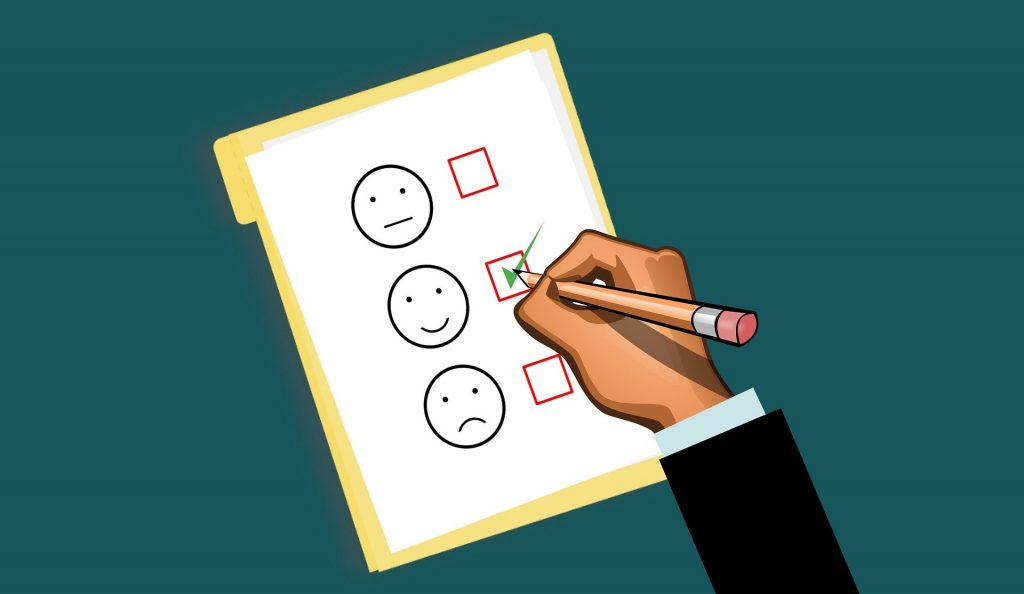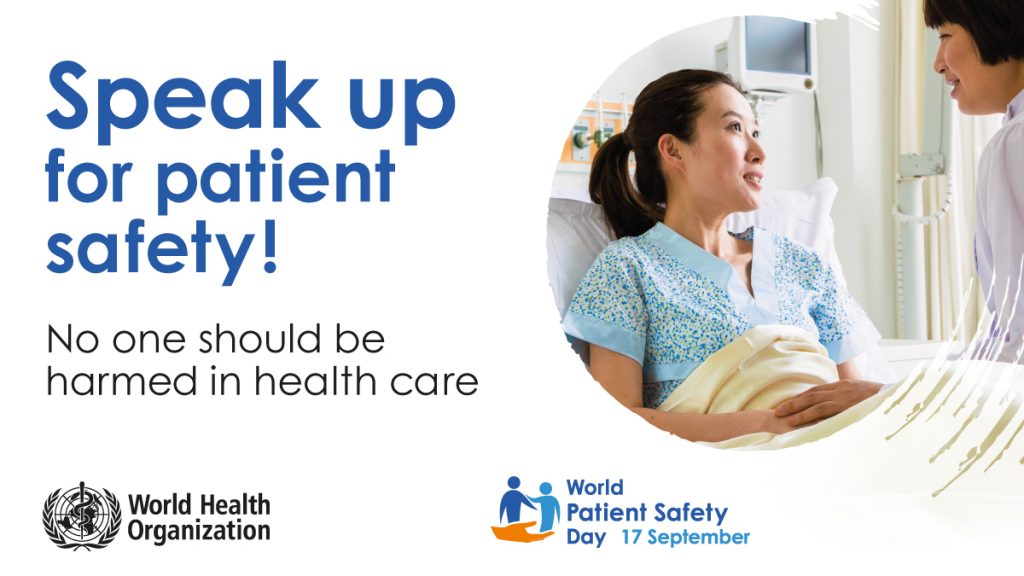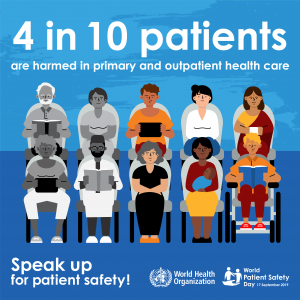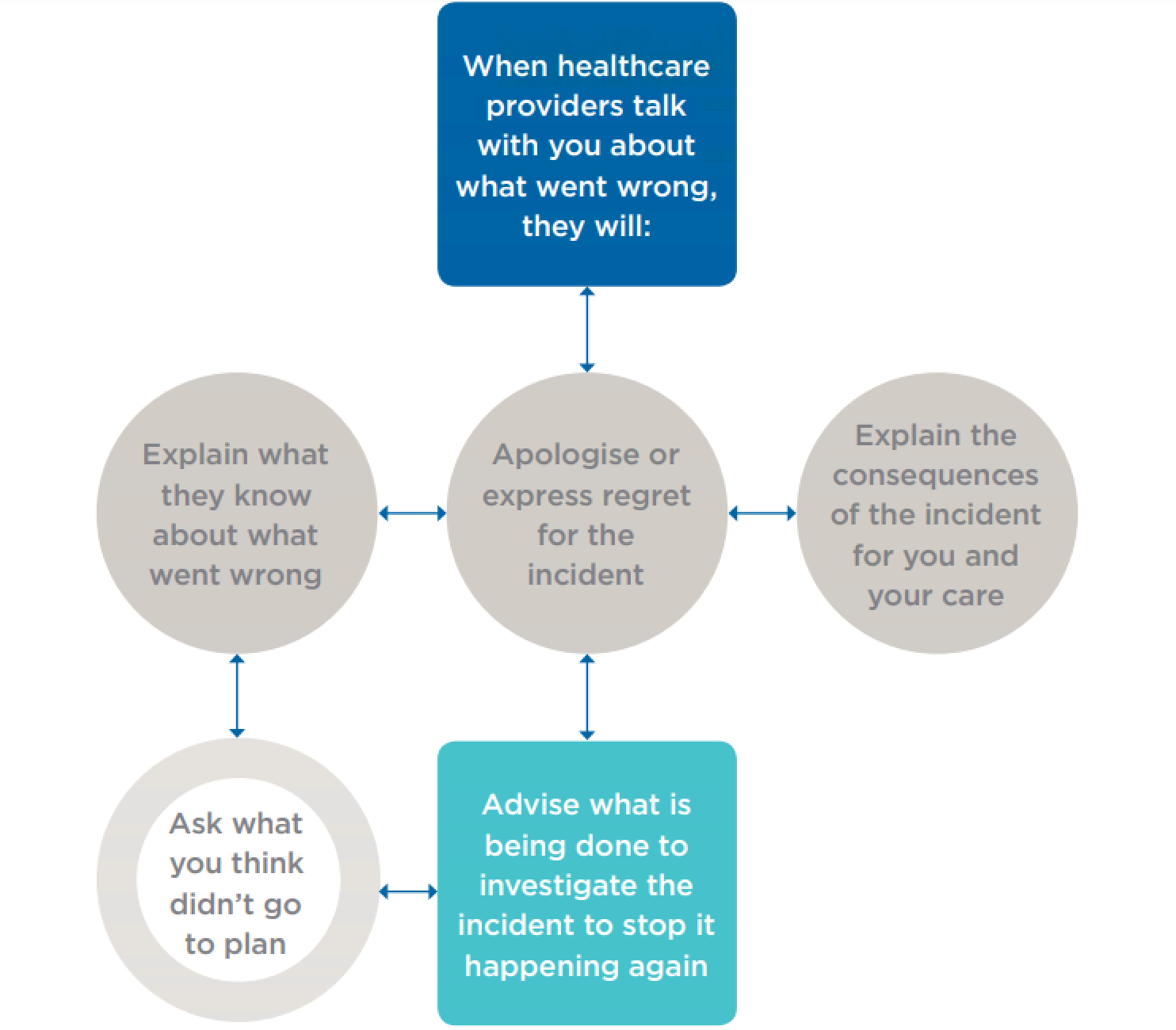Here are links to recordings, talks and Q&A sessions.
Health Consumers’ Council 30th Anniversary
- Tribute video from some of the key stakeholders of the last 30 years (Full-length, approx 25 mins)
- Tribute video from some of the key stakeholders of the last 30 years (Highlights reel, approx 7 mins)
- Recording of formalities from 30th Anniversary event (available soon)
Fireside Chats
Our Fireside Chat series gives you the chance to hear from medical experts and have your questions about COVID-19 answered.
Director of Clinical Services, Royal Perth Bentley Group, Area Director of Clinical Services, East Metropolitan Health Service and Professor of Medicine, University of Western Australia, Professor Grant Waterer and Manager
After very positive feedback from our first chat with Prof. Waterer, we asked him back to provide another clinical update including information on antivirals to treat COVID-19, second generation vaccines long COVID and the latest on testing for COVID-19.
Recorded on Monday 12 September 2022.
Click here to view the recording of Prof. Waterer.
Perth Children’s Hospital clinicians:
Dr Andrew Martin – Head of Department for Perth Children’s Hospital (PCH) General Paediatrics
Chris Blyth – Paediatric Infectious Diseases Physician at PCH and former Co-Chair of the Australian Technical Advisory Group on Immunisation
Dr Michael Baker – Head of Department for PCH Emergency Department
Dr Nick Gottardo – leading clinician in Haematology and Oncology
Top Perth Children’s Hospital discuss COVID and kids in the context of the current (Omicron) outbreak and take consumer questions on the topic. Discussion includes current picture, vaccination, when to get help or present to the Emergency Department, COVID Care at Home and the Specialist Paediatric and Adolescent Remote Care (SPARC) service for very vulnerable children and COVID and immunocompromised children.
Click here to view the COVID and kids recording.Director of Clinical Services, Royal Perth Bentley Group, Area Director of Clinical Services, East Metropolitan Health Service and Professor of Medicine, University of Western Australia, Professor Grant Waterer and Manager – Social Support, COVID Care Assistance Team (COVID CAT), Department of Health, Selena West.
Professor Waterer provides a clinical update on COVID-19, as well as sharing his best tips on preparing for living with COVID, in the home and in the community. This will include advice on how to care for yourself, your family, or someone you care for, if you get COVID-19.
Ms West provides an overview of COVIDCAT, the public health service designed to address the needs of people in the WA community who require additional support should they get COVID-19 or are required to isolate due to being a close contact. Overview includes how service can help, who can access it, and how.
Recorded on Tuesday 8 March 2022.
Click here to view the recording of Prof. Waterer. Click here to view the recording of Ms West.
Assistant Director General, Clinical Strategy and Planning, Dr Robyn Lawrence
Dr Robyn Lawrence gives an overview of WA COVID Care at Home. She also answers consumer questions on the new remote monitoring service for high risk COVID positive patients in their homes.
Recorded on 18 February 2022.
Click here to view the recording.
Incident Commander at the State Health Incident Coordination Centre, Dr Tudor Codreanu
Dr Tudor Codreanu, Incident Commander at the State Health Incident Coordination Centre at Department of Health, discussed WA’s readiness for the next stage of living with Covid-19. Dr Codreanu works alongside the Chief Health Officer and public health team in the State Health Incident Control Centre, providing advice and support around WA’s response to COVID-19. This session explored the next stage of living with COVID-19, WA’s readiness, how the system has or is preparing, how consumers can prepare, vaccination, variants, modelling and everything in between.
Recorded on 14 December 2021.
The recording of this session will be available soon.
Co-Chair of the Australian Technical Advisory Group on Immunisation, Dr Chris Blyth
Dr Chris Blyth, clinical academic at Telethon Kids Institute and Co-Chair of the Australian Technical Advisory Group on Immunisation (ATAGI), Australia’s peak immunisation advisory group to Government answered consumer questions on the vaccine(s). Dr Blyth was able to talk to some of the main side effects of concern and clearly explain some of ATAGI’s key considerations when deciding who is eligible for which vaccine and vaccine strategy.
Recorded on 5 August 2021.
Click here to view the recording.
Chief Health Officer, Andy Robertson
After a break from our Fireside Chats, we’re bringing the Q&A session back to talk to Chief Health Officer, Andy Robertson. WA’s hard borders are softening – now what?
Recorded on 18 December 2021.
Click here to view the recording.
Pathwest Chief Executive, Joe Boyle
For our sixth Fireside Chat we were joined by the Chief Executive of Pathwest, Joe Boyle.
We discussed COVID testing processes in WA and the role testing plays in ongoing vigilance in avoiding community spread.
Recorded on 27 August 2020
Click here to view the recording.
Director General of WA Health, Dr David Russell-Weisz
This was the second time the Director General of WA Health joined us for a Fireside chat, this time on Thursday 23rd July.
We discussed “COVID-19: What’s next for Western Australians”.
Recorded on 23 July 2020.
Click here to view the recording of this webinar (45m35s)
Aboriginal Health with Wendy Casey
This 45 minute session addressed questions about how the WA health system has prioritised responding rapidly to the risks posed to, and the needs of, Aboriginal communities in Western Australia during COVID-19. You can find some of the work reflected on this webpage. Also discussed was the Journey of Health and Wellbeing Video developed in partnership with WA Health, Danny Ford and Tim Muirhead as part of the cultural competency training work, Mary G’s Telehealth video, and the Aboriginal Health and Wellbeing Framework
Recorded on 25 June 2020.
Click here to view the recording of this webinar (41m30s)
Staying Well in a Pandemic, Dr Denise Sullivan
The third in our series of Fireside Chats was held on Thursday 11th June with Dr Denise Sullivan. It tackled your questions about how to minimise the risk of infection, how the impact of the pandemic is being tracked and preparation for recovery. It also explored what it’s been like for Public Health staff during this unprecedented time.
Recorded on 11 June 2020.
Click here to view the recording of this webinar (44m35s)
WA Health Assistant Director General, James Williamson
The second in our series of Fireside Chats was with James Williamson, WA Health Assistant Director General, Clinical Excellence Division. Health Consumers’ Council Executive Director Pip Brennan put your COVID-19 research-related questions to James Williamson in this informal, virtual event.
Recorded on 28 May 2020.
Click here to watch the video (58 minutes)
Director General of WA Health, Dr David Russell-Weisz
The first Fireside Chat was with the Director General of WA Health, Dr David Russell-Weisz.
Recorded on 14 May 2020.
Click here for the video replay of the event (55 minutes)
Other recordings
Audio Recording: Implementing Care Opinion in the health and social care sectors – lessons from Scotland 2021 Audio Recording – AGM Panel Discussion – Roger Cook, Zak Kirkup, Rachel Siewert 2020 How consumers shaped the Healthy Weight Action Plan and what’s next Consumer and carer Involvement in COVID-19 Research Engaging consumers, carers and community in primary care Engaging Consumers Carers and Community in Advance Care Planning Choosing Wisely – reducing unnecessary tests and treatments







